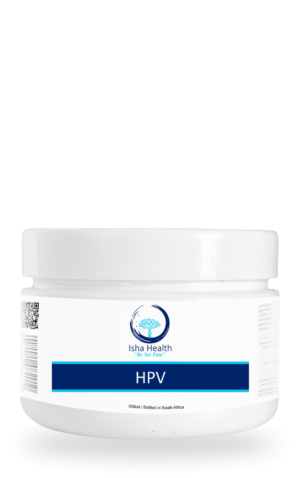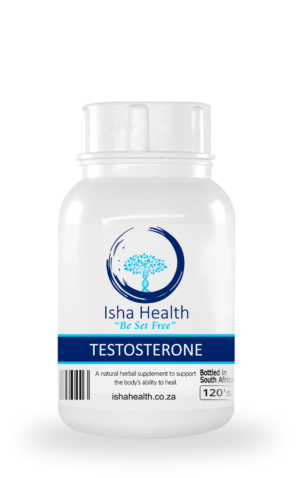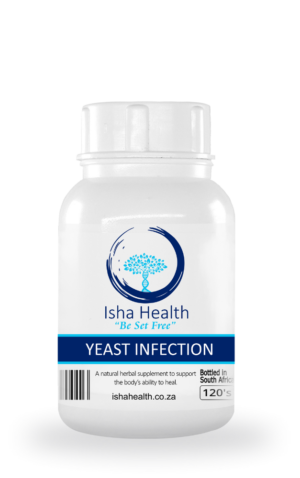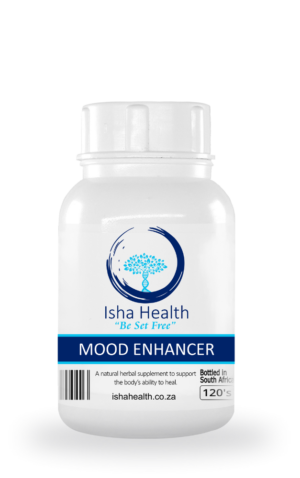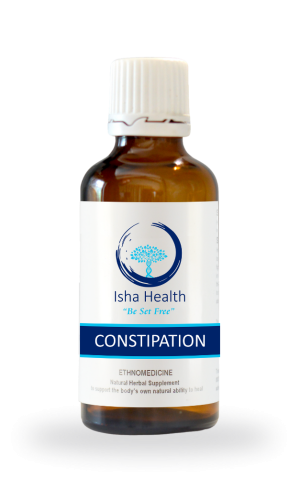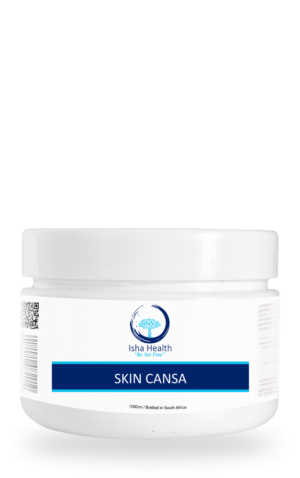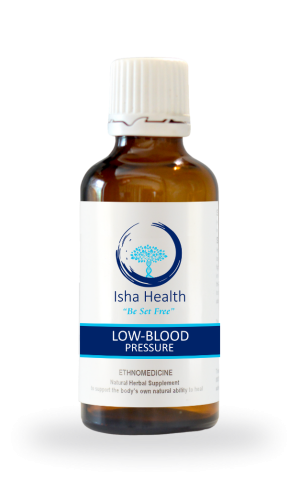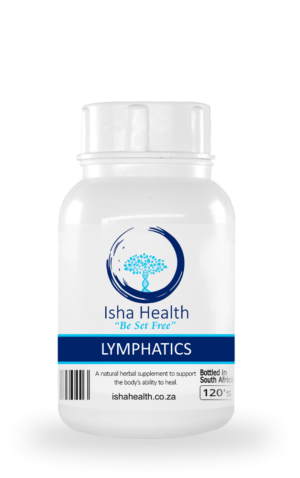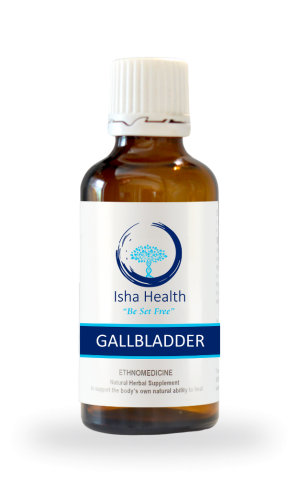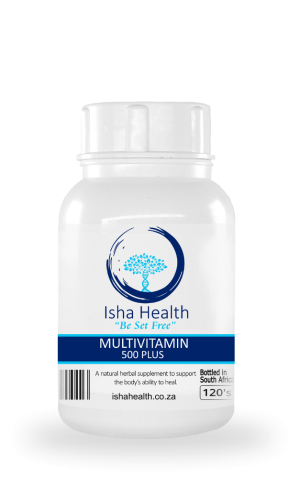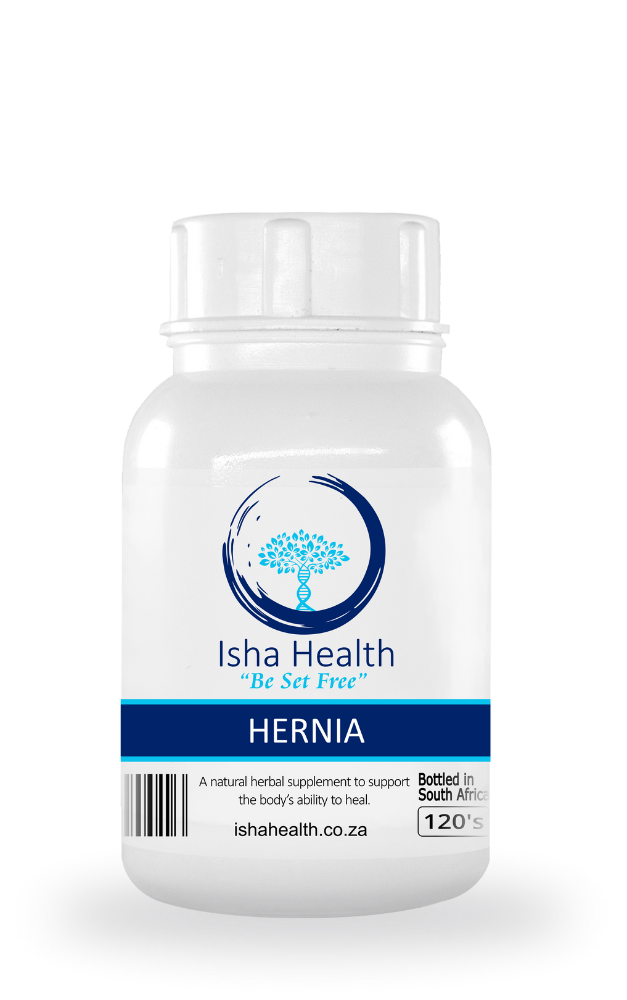
Hernia
- 3-5 working days
- Hand-Made
- Manufactured in South Africa
- 100% Natural
- 100% Herbal products
- 100% Manufacturing Guarantee
Description
Directions for Use
Ingredients
Warning
Technical Information
Our Herbal Hernia & Connective Tissue Supplement is meticulously designed to enhance connective tissue health and facilitate collagen production.
It serves as a supportive agent, contributing to the structural integrity of connective tissues for improved overall physiological function.
2-4 x capsules 3x daily
20 minutes before meals.
Children over 6-12 years:
1x Capsule daily
Children over 12-16 years:
1x Capsule 2x daily according to age.
Aloe Ferox
Alpha Lipoic Acid (ALA)
Bilberry
Chamomile
Comfrey
Coriander
Ginger
Ginseng
Gotu-Kola
Horsetail
Hyaluronic Acid
Marshmallow root
Mullein
Slippery elm
Vit C
Witch Hazel
Zinc
Other African Herbs
Aloe (Aloe vera): Aloe vera is a versatile herb that helps with constipation, supports the health of connective tissues, and addresses hernia concerns. It’s known for boosting collagen production, essential for maintaining the strength of tissues. Research shows Aloe increases collagen production by 90%
Alpha Lipoid Acid: ALA is great for dealing with heavy metals and acts as a powerful antioxidant. It contributes to healthier skin appearance, beneficial for hernia-related issues.
Bilberry: Bilberry is a berry-rich herb that strengthens blood vessels, promotes eye health, and assists in collagen production. Perfect for supporting connective tissues and addressing hernia concerns.
Chamomile: Chamomile is a soothing herb that helps with connective tissue health and addresses hiatal hernias. It has anti-inflammatory properties and contributes to overall tissue repair.
Comfrey: Comfrey is a multi-purpose herb, promoting connective tissue health, aiding in wound healing, and supporting hernia-related issues. It’s particularly helpful in forming new skin.
Coriander: Coriander is effective against heavy metals and contributes to collagen production. It’s a comprehensive support for hernia conditions.
Gotu Kola: Gotu Kola supports connective tissues, collagen production, and helps with varicose veins. It enhances blood flow, contributing to the overall well-being of tissues.
Horsetail: Horsetail is a herb rich in silica, supporting connective tissues, especially bones and collagen production. Great for addressing hernia concerns.
Hyaluronic Acid: This is vital for maintaining healthy connective tissues and collagen production. It’s a valuable support for hernia conditions.
Marshmallow Root: Marshmallow Root is soothing and helps heal mucous linings in the GI tract, beneficial for hernia-related issues.
Mullein: Mullein acts as a tonic for fluid balance, providing additional support for hernia concerns.
Slippery Elm: Slippery Elm is known for its soothing properties, helping with mucous linings in the GI tract and other areas affected by hernias.
Vitamin C: Vitamin C is essential for collagen production, crucial for supporting connective tissues and addressing hernia concerns.
Witch Hazel: Witch hazel, with its astringent properties, is beneficial for varicose conditions and provides support for hernia-related concerns, especially in terms of vascular health.
Not suitable for pregnant or breastfeeding women.
Protect from sunlight.
Store below 25°c.
What is a Hernia?
A hernia occurs when an organ or tissue pushes through a weakened area or opening in the surrounding muscle or connective tissue. It typically results from strain, muscle weakness, or a combination of both. There are several types of hernias, including:
- Inguinal Hernia-This is the most common type and usually appears as a bulge in the groin area. It occurs when part of the intestine or abdominal tissue pushes through the inguinal canal.
- Hiatal Hernia-In this type, the upper part of the stomach protrudes through the diaphragm into the chest cavity. It is associated with the opening in the diaphragm, known as the hiatus, becoming enlarged.
- Umbilical Hernia- Common in infants, this hernia involves tissue pushing through the abdominal wall near the navel. It may resolve on its own but can persist into adulthood.
- Incisional Hernia- This occurs at the site of a previous surgical incision where the tissue protrudes through the weakened scar tissue.
- Femoral Hernia- Less common than inguinal hernias, femoral hernias appear as a bulge in the upper thigh, just below the groin. They occur when tissue pushes through the femoral canal.
What is Connective Tissue?
Connective tissue is a diverse and essential type of tissue found throughout the body, providing structural support, connecting and anchoring different tissues and organs. It consists of cells embedded in an extracellular matrix, which includes proteins, fibers, and a gel-like substance. Connective tissue is present in various forms, each serving distinct functions:
- Bone Tissue- Forms the skeletal system, providing support, protection, and facilitating movement.
- Cartilage- Found in joints, ears, nose, and respiratory passages, providing flexibility, support, and cushioning.
- Adipose Tissue (Fat)- Acts as an energy reservoir, insulator, and protective padding around organs.
- Blood- Functions as a fluid connective tissue, transporting oxygen, nutrients, hormones, and waste products throughout the body.
- Dense Connective Tissue- Forms tendons (connecting muscles to bones) and ligaments (connecting bones to bones), providing strength and stability.
- Loose Connective Tissue- Supports organs, surrounds blood vessels, and holds nerves in place.
- Fibrous Tissue: Found in structures like the dermis of the skin, providing strength and resilience.
- Lymphoid Tissue- Plays a role in the immune system, with examples like lymph nodes and tonsils.
Connective tissue is a crucial component for maintaining the structural integrity of the body and ensuring proper function of organs and systems. It provides a framework for other tissues and contributes to overall bodily support and cohesion.
What is Collagen?
Collagen is a fibrous protein that serves as a fundamental building block in the body’s connective tissues. It is the most abundant protein, providing structural support and strength to various tissues and organs. Collagen is characterized by its triple-helix structure, made up of three polypeptide chains.
Key features of collagen:
- Structural Integrity: Collagen is essential for maintaining the structural integrity of skin, bones, tendons, ligaments, and other connective tissues.
- Skin Elasticity: It plays a crucial role in preserving skin elasticity, firmness, and hydration.
- Bone Strength: Collagen contributes to the strength and flexibility of bones, making it a vital component of the skeletal system.
- Joint Function: Found in cartilage, collagen supports joint function by providing cushioning and reducing friction.
- Blood Vessels: It forms the structural framework for blood vessels, contributing to their strength and elasticity.
- Organ Support: Collagen fibers support and connect various organs, ensuring their proper positioning and function.
- Tissue Repair: Collagen is involved in the repair and regeneration of tissues, particularly during wound healing.
- Hair and Nails: It is present in hair and nails, contributing to their strength and resilience.
Collagen is produced by specialized cells called fibroblasts, and its synthesis involves a complex process. There are different types of collagen with distinct functions, but collectively, they play a crucial role in maintaining the overall structure, strength, and function of the body’s tissues.
Connective tissue and collagen are closely interlinked, with collagen being a major component of connective tissue. Connective tissue is a diverse group of tissues in the body that provide structural support, connect and anchor organs, and facilitate various physiological functions. Collagen, as a fibrous protein, is a key structural element within connective tissue, contributing to its strength, flexibility, and resilience.
Connection between Connective Tissue and Collagen:
- Structural Framework- Collagen fibers form the structural framework within connective tissue, providing a scaffold that supports the surrounding cells and other components.
- Tensile Strength- Collagen is crucial for the tensile strength of connective tissues, making them resistant to stretching and deformation.
- Flexibility-Collagen imparts flexibility to connective tissues, allowing them to adapt to mechanical stresses and maintain their integrity.
- Tissue Integrity- The presence of collagen ensures the integrity and cohesion of connective tissues, contributing to their overall function.
The role of Connective Tissue and Collagen in Hernias:
Hernias involve the protrusion of an organ or tissue through a weak spot or opening in the surrounding connective tissue. Collagen plays a critical role in maintaining the strength of connective tissue, and disruptions in collagen integrity can contribute to the formation of weak areas susceptible to herniation.
In hernias, weakened or damaged collagen fibers in the connective tissue may create a vulnerability, allowing organs or tissues to bulge through. Factors such as genetic predisposition, aging, chronic strain, and previous injuries can impact collagen quality and increase the risk of hernia development. Strengthening and supporting connective tissue, including collagen maintenance, are essential aspects of addressing and preventing hernias.
What is the cause of weak connective tissue and hernias?
The causes of weak connective tissue and hernias can be multifaceted, influenced by a combination of genetic, environmental, and lifestyle factors. Here are some key contributors:
- Genetic Predisposition- Genetic factors play a significant role in determining an individual’s susceptibility to weak connective tissue and hernias. Some people may inherit a predisposition to conditions that affect collagen formation and integrity.
- Ageing-As individuals age, the natural aging process can lead to a gradual decline in collagen production and quality. Collagen fibers may become less flexible and more prone to damage, contributing to weakened connective tissues.
- Chronic Strain and Pressure- Activities that involve repetitive straining or lifting heavy objects can exert excessive pressure on the connective tissues. Over time, this chronic strain may weaken the collagen fibers and create vulnerabilities in the tissue structure.
- Pregnancy- The physical changes that occur during pregnancy, particularly the stretching of abdominal muscles and tissues to accommodate the growing uterus, can contribute to weakened connective tissue. This is a common factor in the development of certain types of hernias, such as inguinal hernias.
- Obesity- Excess body weight places additional stress on the connective tissues, especially in the abdominal area. This increased pressure can weaken the tissue over time, making it more susceptible to herniation.
- Smoking-Smoking has been associated with decreased collagen production and impaired tissue healing. Individuals who smoke may experience a higher risk of connective tissue weakness and delayed recovery from injuries.
- Connective Tissue Disorders- Certain medical conditions, such as Ehlers-Danlos syndrome and Marfan syndrome, are characterized by abnormalities in collagen synthesis. These genetic disorders can result in weak connective tissues and an increased likelihood of hernias.
- Previous Surgeries or Injuries- Surgical procedures and injuries to specific areas of the body can disrupt the natural structure of connective tissues. Scar tissue formation may alter the strength and flexibility of the affected region, potentially leading to hernias.
Understanding and addressing these factors, along with adopting lifestyle modifications that promote overall connective tissue health, can contribute to the prevention and management of weak connective tissue and hernias.
Ingredients which are traditionally used for this disorder
Technical info:
Aloe: Aloe vera is a multifaceted herb containing compounds such as acemannan, which supports constipation relief, connective tissue health, and hernia-related concerns. Its significant impact lies in the remarkable increase of collagen production by up to 90%, crucial for the structural integrity of connective tissues.
Alpha Lipoid Acid: Alpha-lipoic acid plays a pivotal role in addressing heavy metal toxicity by crossing the blood-brain barrier. Its potent antioxidant properties contribute to overall skin health, aiding in the restoration and renewal of the skin’s appearance. This is particularly beneficial in hernia cases where skin health is a contributing factor.
Bilberry: Bilberry contains anthocyanins and quercetin, providing vascular support by strengthening blood vessels and promoting eye health. It also assists in collagen production, supporting the connective tissues essential for hernia-related concerns.
Chamomile: Chamomile, with its active ingredient chamazulene, exhibits anti-inflammatory properties, making it effective in soothing connective tissues and addressing hiatal hernia concerns. Its regenerative qualities, attributed to bisabolol, contribute to tissue repair, and its overall calming effect extends to the gastrointestinal tract.
Comfrey: Comfrey contains allantoin, supporting connective tissue health, wound healing, and hernia-related issues. Its ability to form new skin is particularly beneficial in hernia cases, aiding in the recovery process.
Coriander: With a focus on heavy metal detoxification, coriander contains linoleic acid, effective against metals such as aluminum, mercury, and lead. It crosses the blood-brain barrier and contributes to collagen production, offering comprehensive support for hernia conditions.
Gotu Kola: Gotu Kola, containing triterpenoids like asiaticoside, promotes connective tissue health, collagen production, and addresses varicose veins. Its ability to enhance blood flow, attributed to asiatic acid, facilitates nutrient transport to areas requiring support, contributing to the development and maintenance of blood vessels in connective tissue.
Horsetail: Horsetail contains silica, specifically targeted at supporting connective tissues, with a focus on bones and collagen production. This makes it a valuable component in addressing hernia-related concerns.
Hyaluronic Acid: Hyaluronic acid is crucial for both connective tissue health and collagen production. Its presence supports the structural integrity of tissues, providing essential support for hernia conditions.
Marshmallow Root: With a specific focus on hernia-related concerns, marshmallow root, containing mucilages, soothes and heals mucous linings in the gastrointestinal tract and beyond. Its mucilaginous properties contribute to overall tissue health.
Mullein: Mullein acts as a tonic to synovial fluids, providing additional support for hernia-related concerns. Its role in maintaining fluid balance, attributed to saponins, contributes to the overall well-being of connective tissues.
Slippery Elm: Slippery Elm, rich in mucilage, is known for its soothing properties, particularly beneficial in hernia cases. It actively contributes to healing mucous linings in the gastrointestinal tract and other affected areas.
Vitamin C: Vitamin C is instrumental in collagen production, making it a crucial component in supporting connective tissues and addressing hernia concerns.
Witch Hazel: Witch hazel, with its active constituents tannins and polyphenols, is beneficial for varicose conditions. Its application provides additional support for hernia-related concerns, especially in the context of vascular health.

